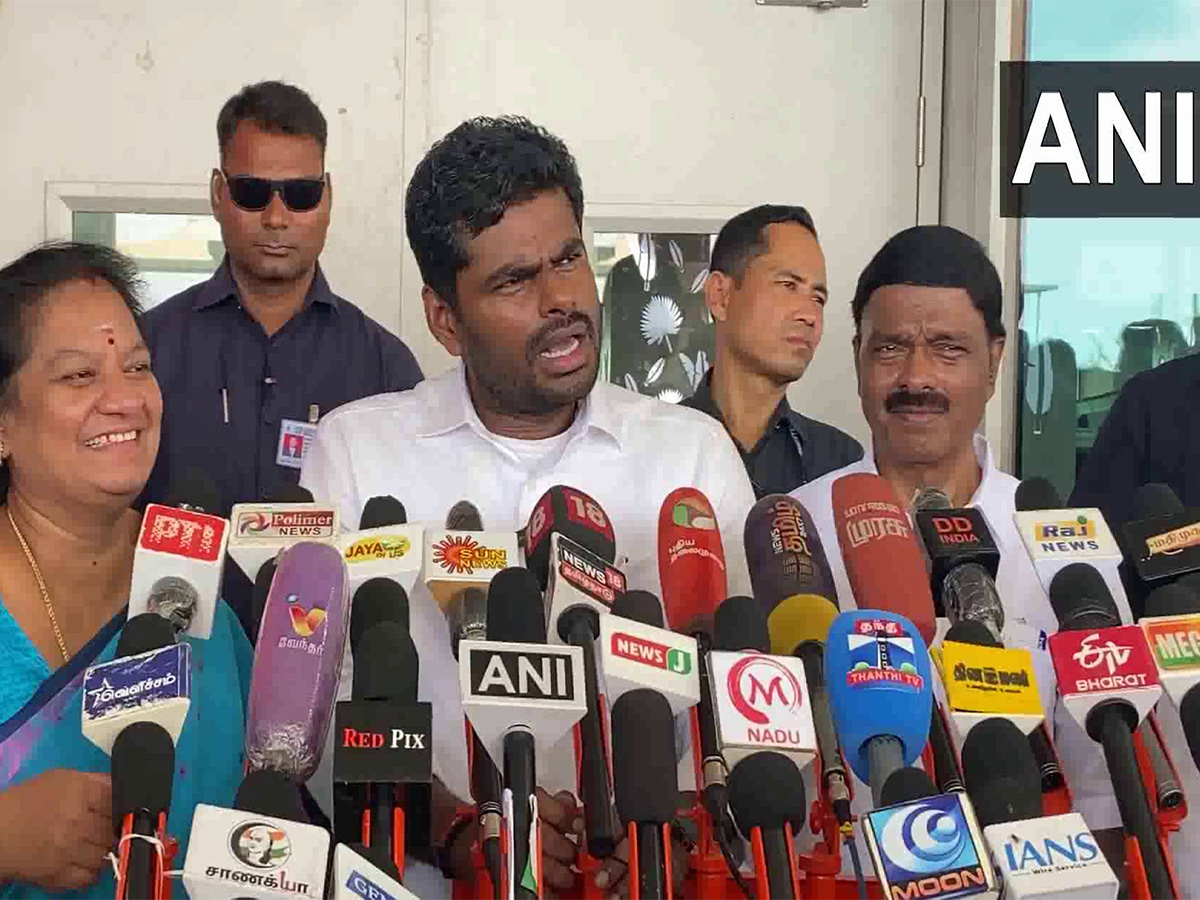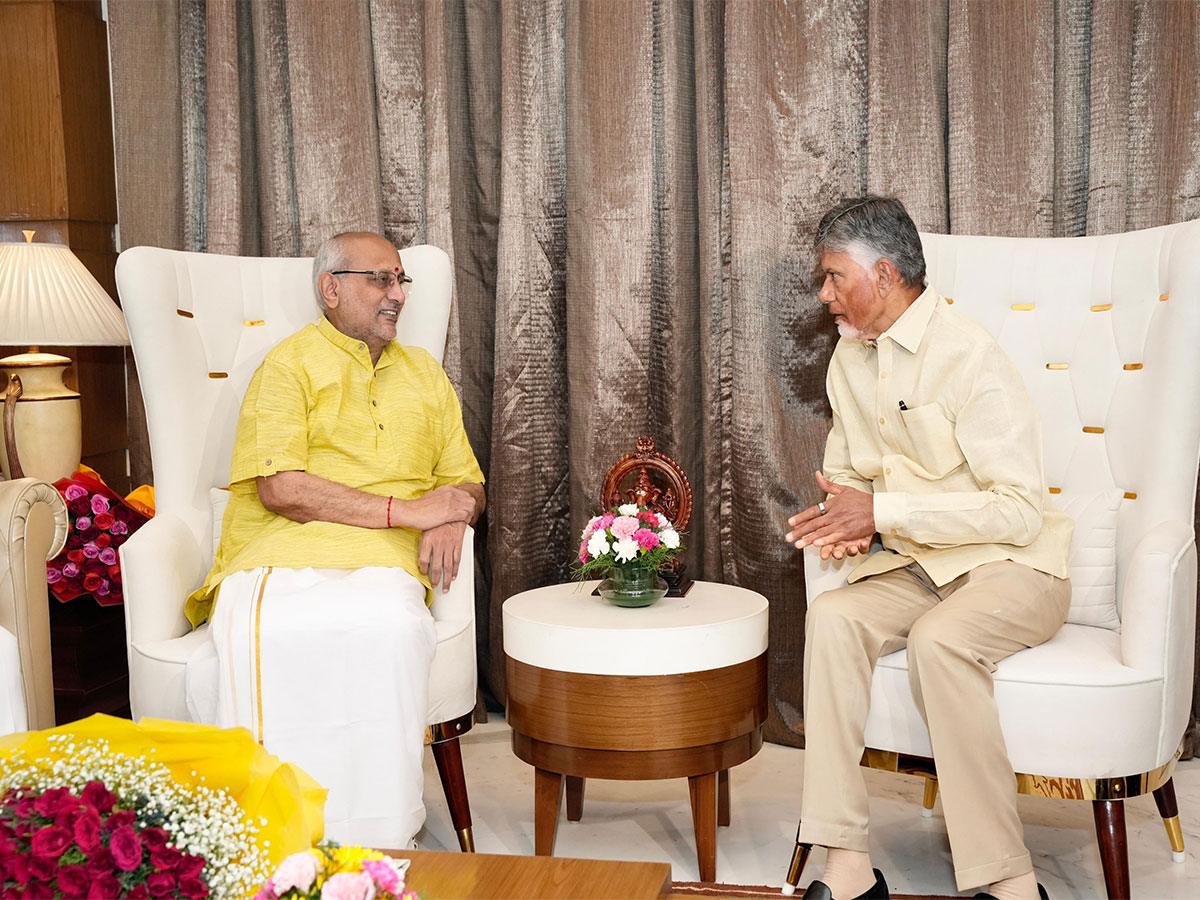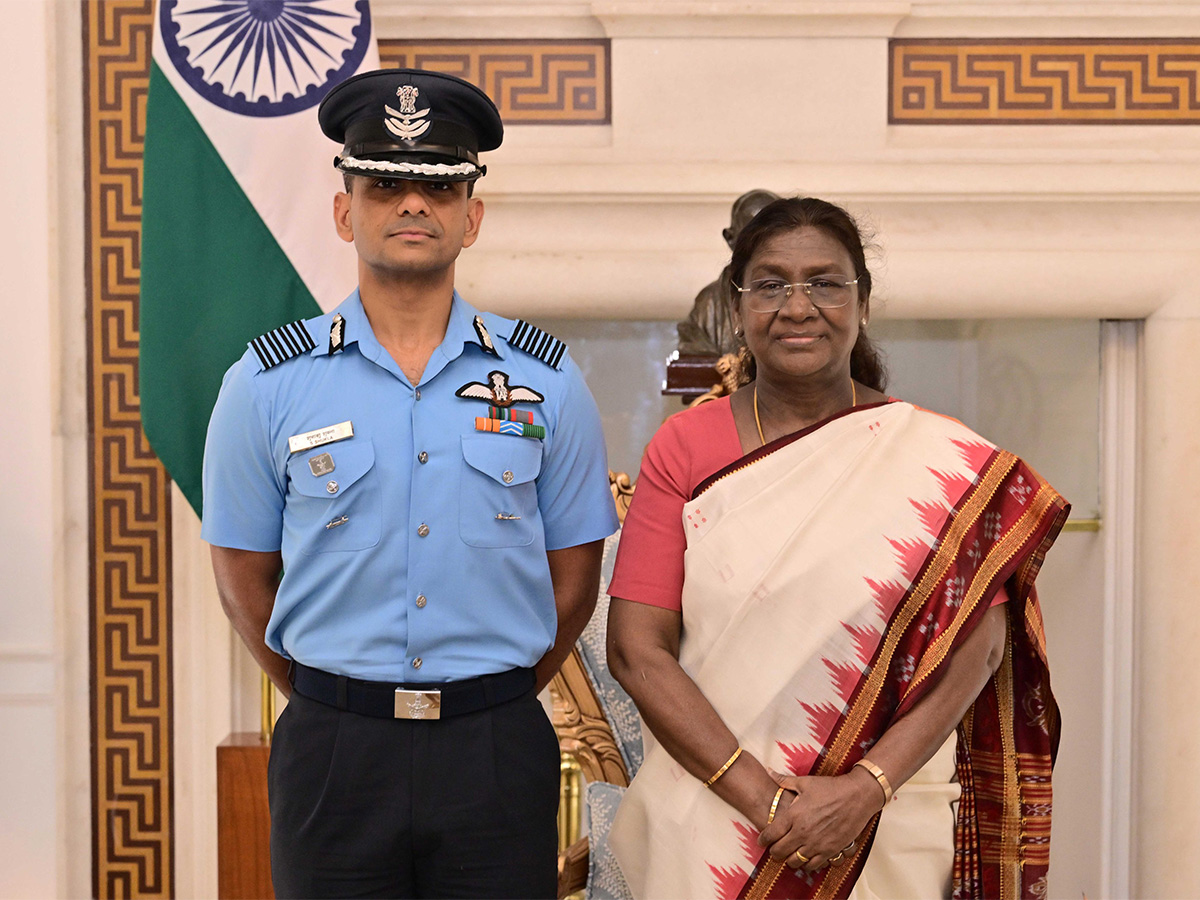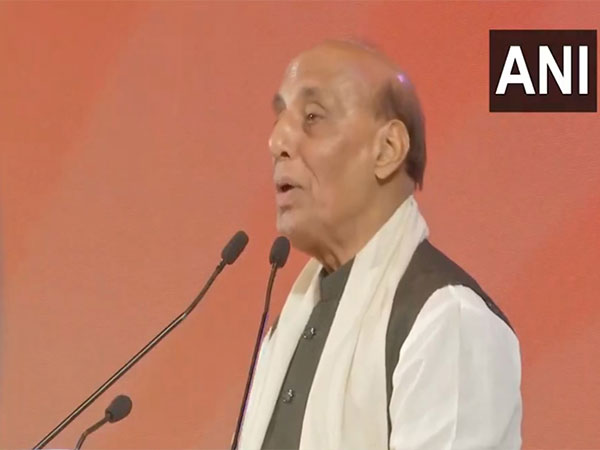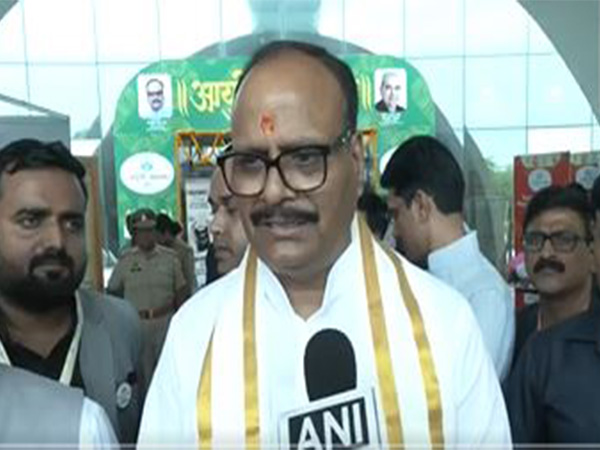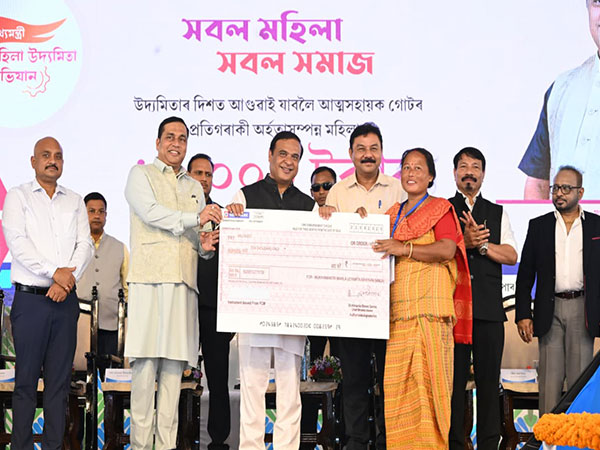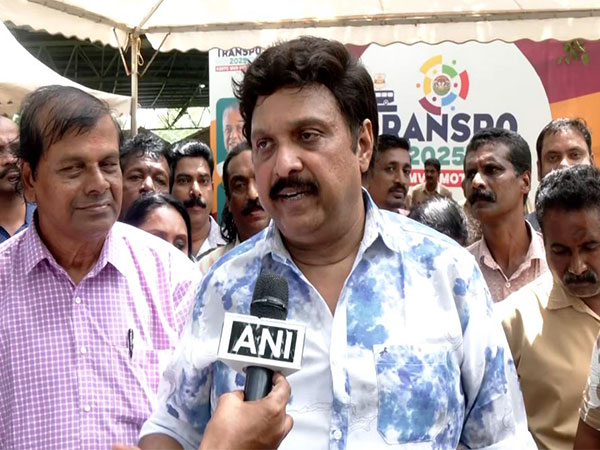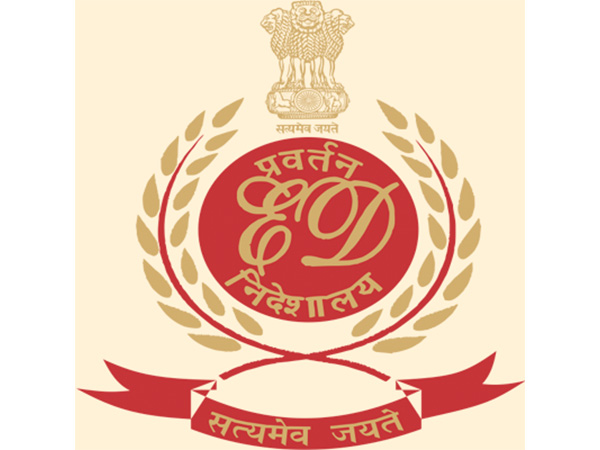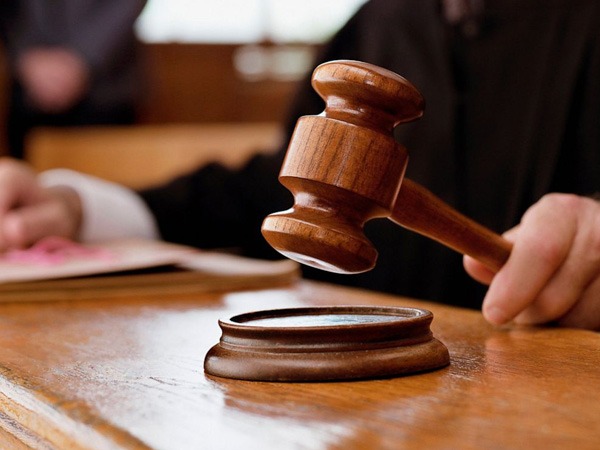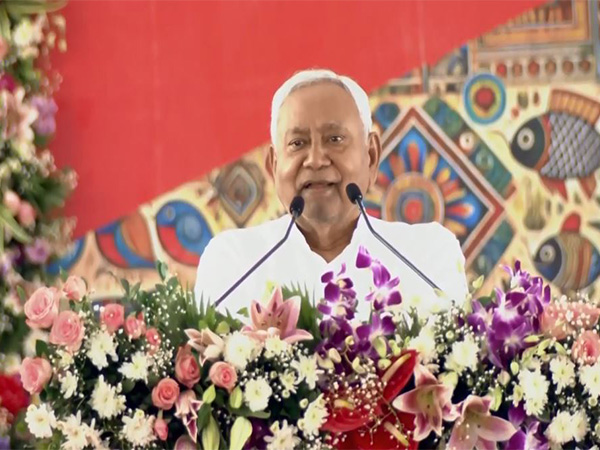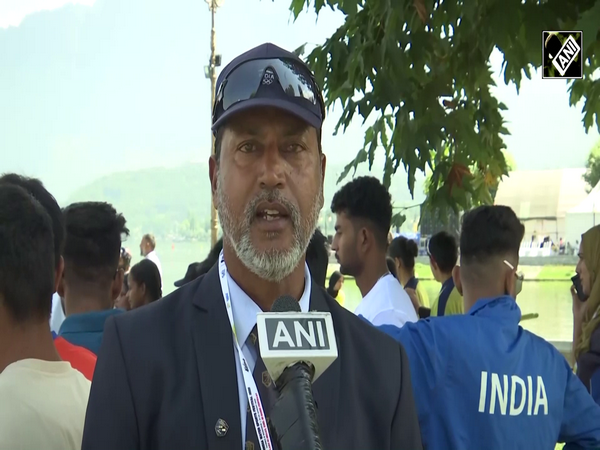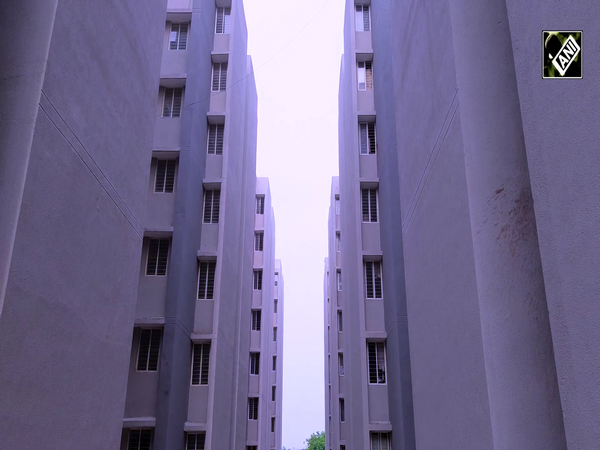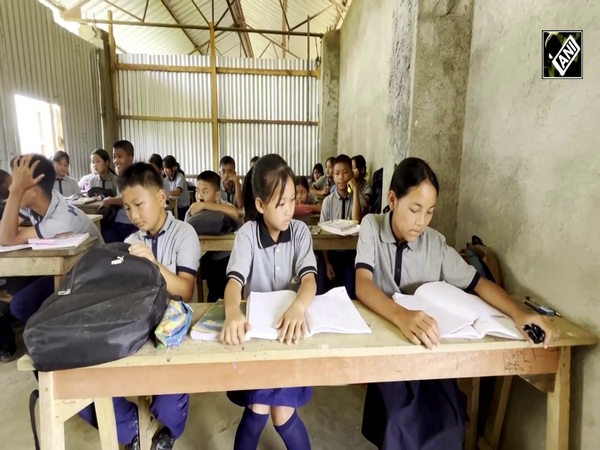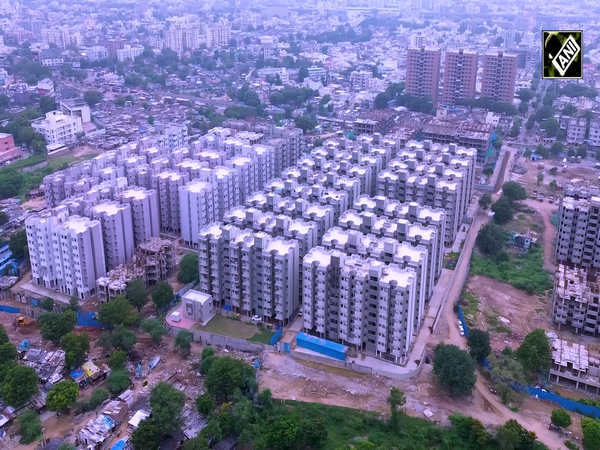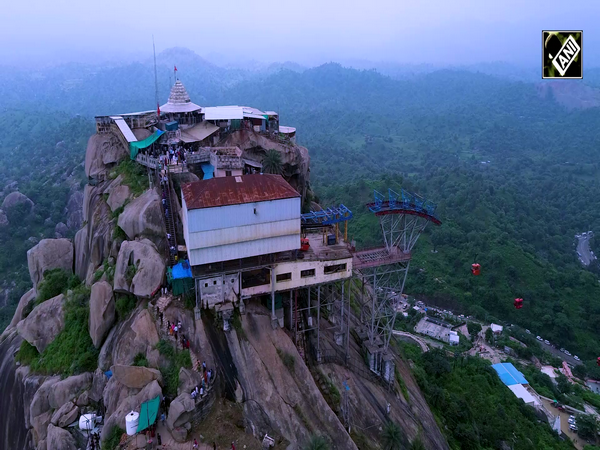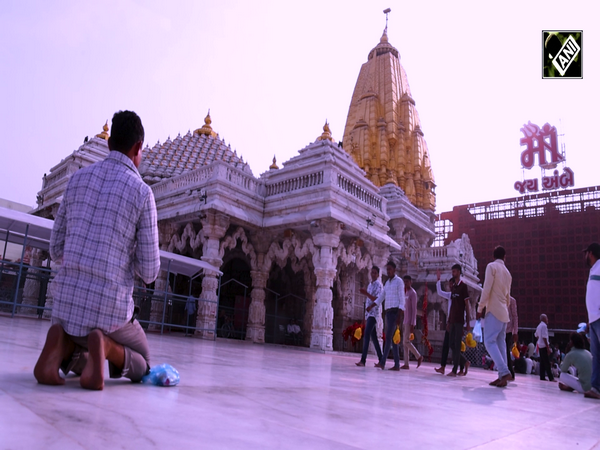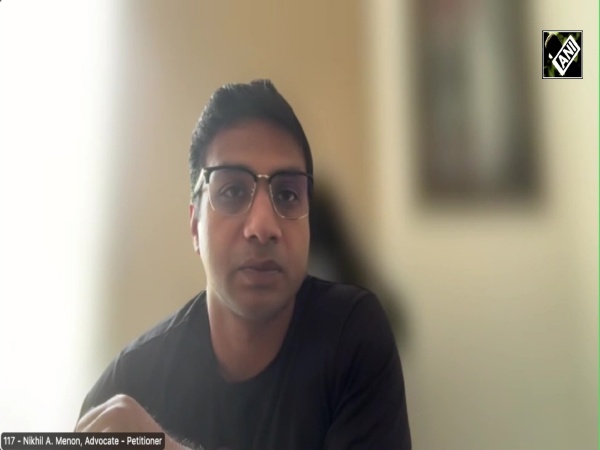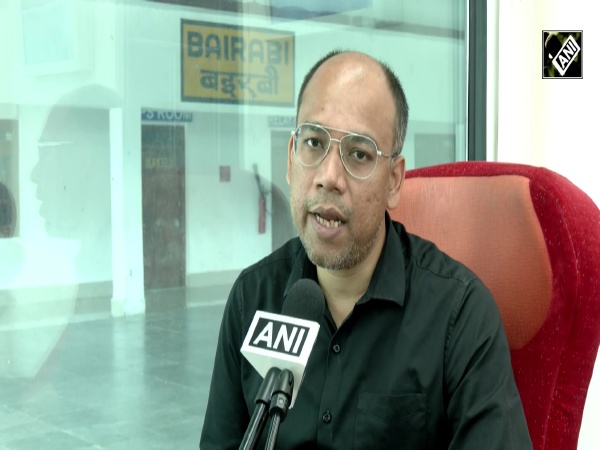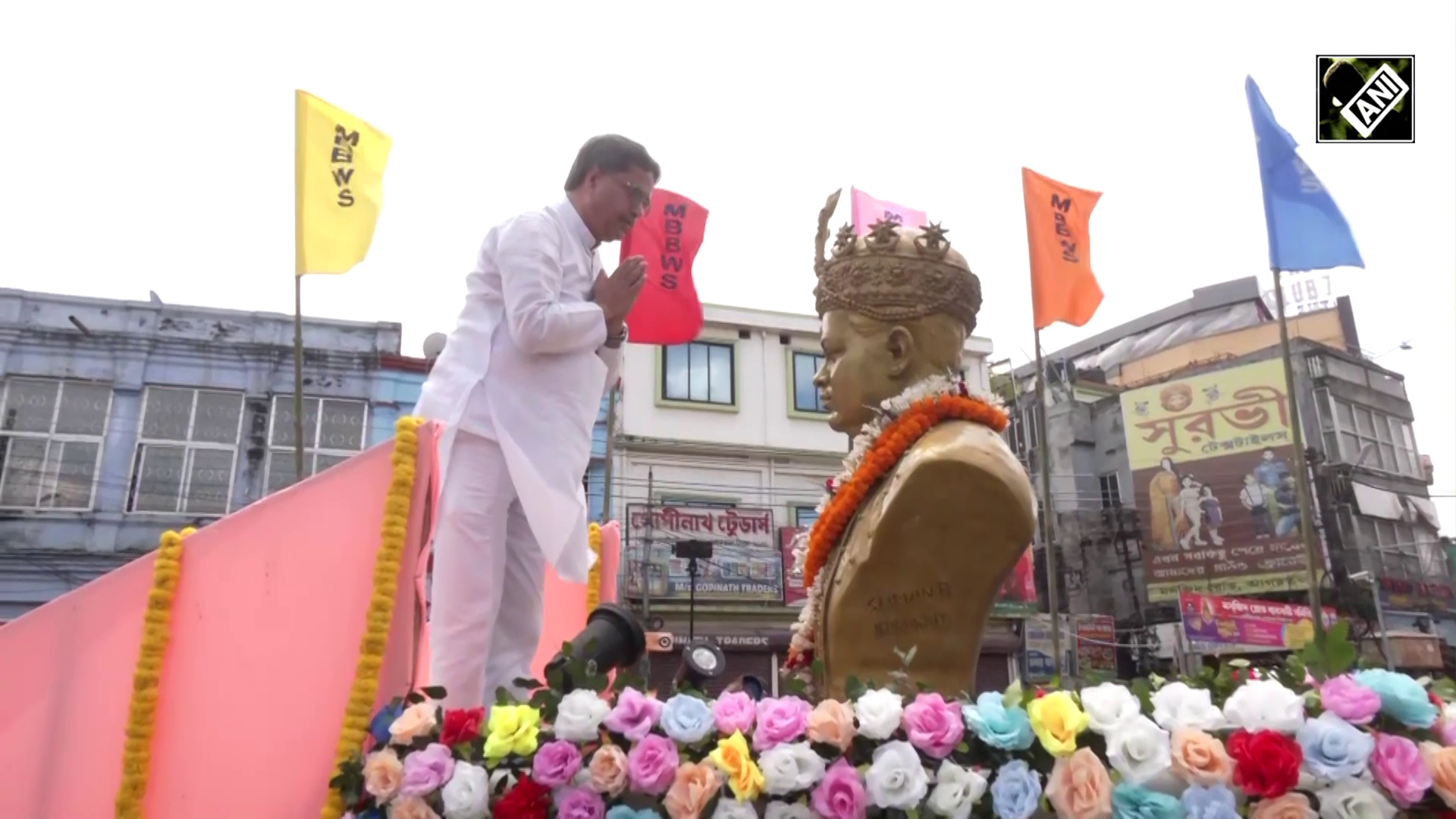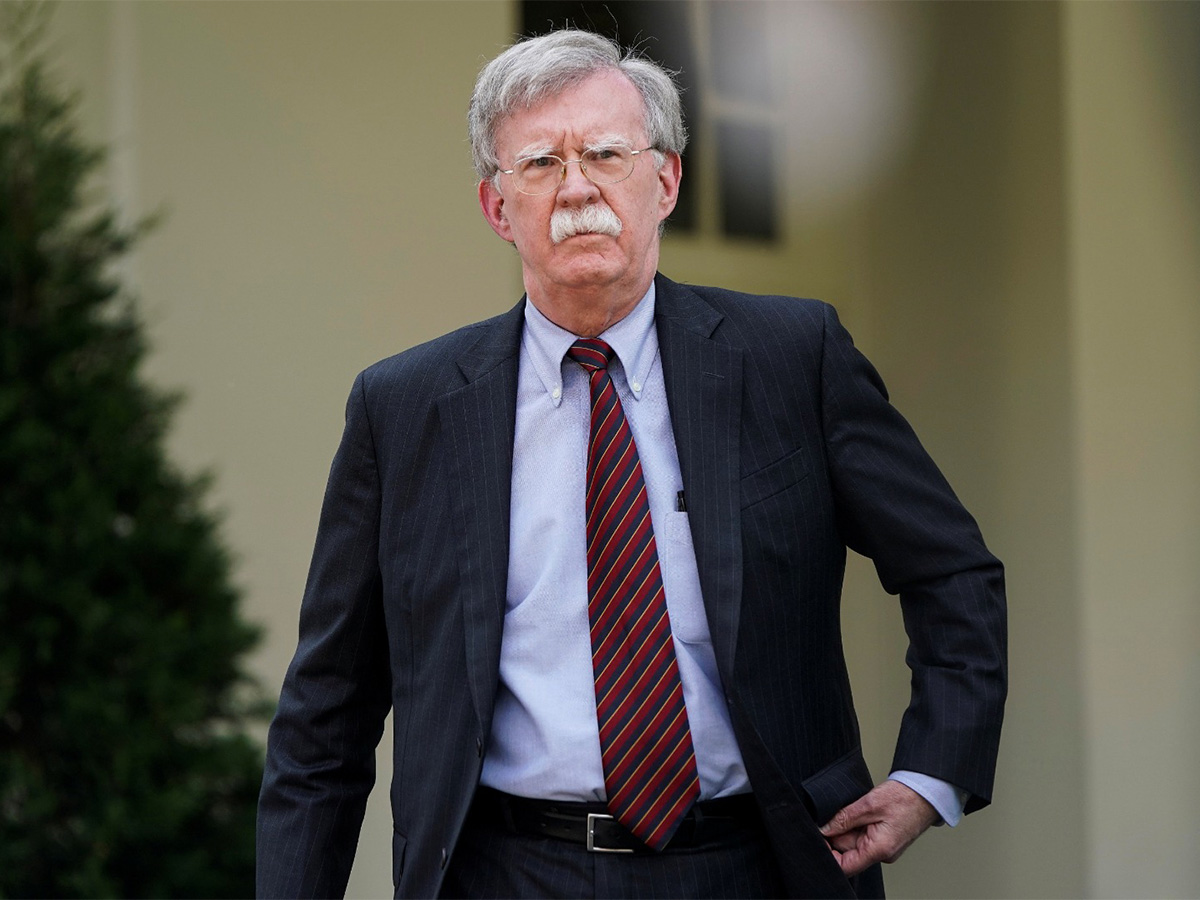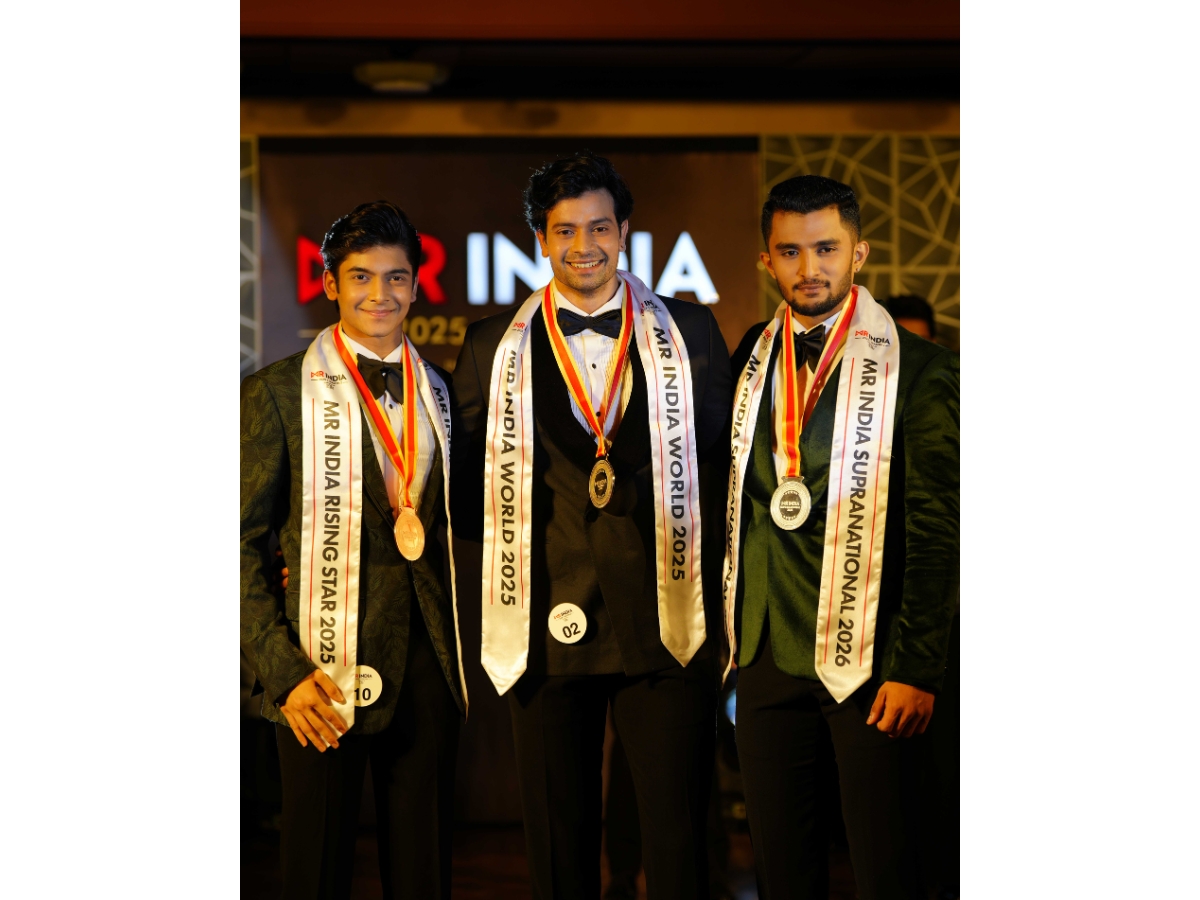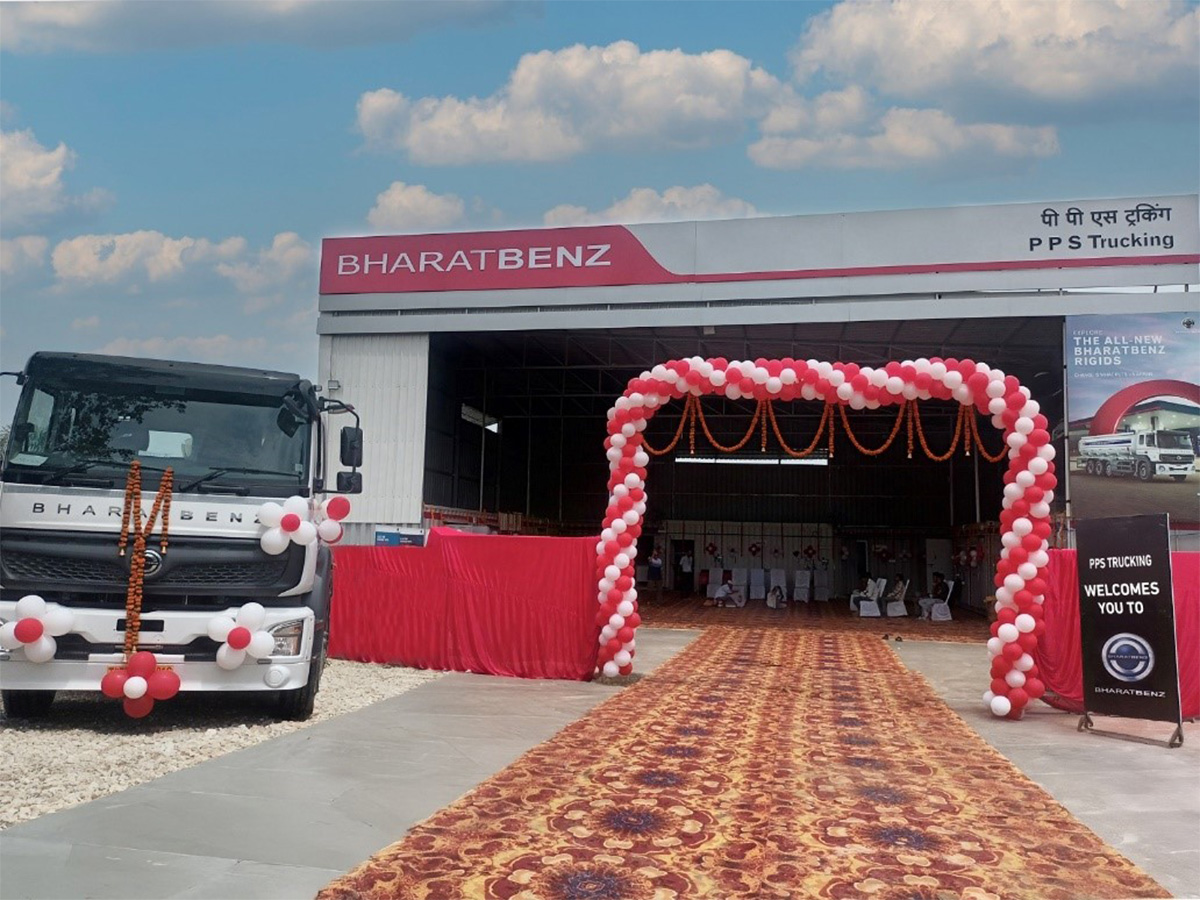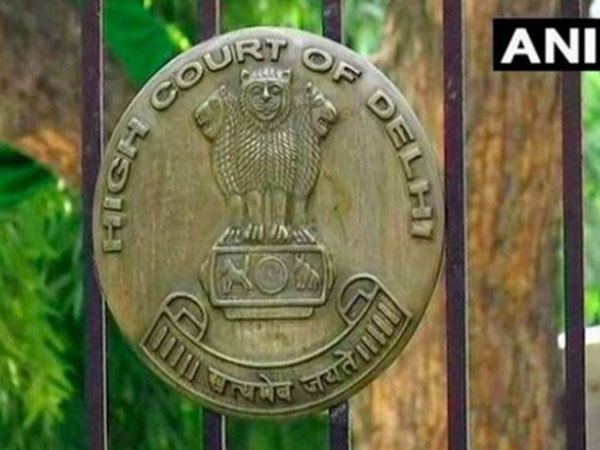
Nitish Katara murder case: HC seeks Centre, Delhi Govt's response on Vikas Yadav's plea for remission
Aug 22, 2025
New Delhi [India], August 22 : The Delhi High Court on Friday issued notice to the Union Ministry of Home Affairs (MHA), Ministry of Law and Justice, the Delhi government, and others on a petition filed by Vikas Yadav, convicted in the 2002 Nitish Katara murder case, seeking statutory remission of his 25-year sentence.
Justice Ravinder Dudeja directed the respondents, including Nitish Katara's mother Neelam Katara, to file their replies before the next hearing on September 2.
Vikas Yadav, 51, who has been in prison for over 23 years, also sought interim bail on the ground that his marriage has been fixed for September 5.
He further submitted that he needs time to arrange the fine amount of Rs 54 lakh imposed at the time of sentencing. Yadav's counsel pressed for an early hearing in view of his personal circumstances, but the court scheduled the matter for September 2.
Senior Advocate N Hariharan, appearing for Yadav, argued that the denial of remission violates his fundamental right to life and personal liberty under Article 21 of the Constitution. He pointed out that the Supreme Court, by its order dated July 29, 2025, had dismissed Yadav's writ petition but granted him liberty to approach the High Court on the remission issue.
The top court had also extended his interim bail until August 26, allowing him to remain out of custody for the time being.
Opposing the plea, Neelam Katara, mother of the deceased, argued that the petition is not maintainable and should not be entertained. She has consistently opposed any relief to the convicts in the case, maintaining that the heinous crime warrants no leniency.
The case dates back to 2002 when Nitish Katara, a young business executive, was kidnapped and murdered by Vikas Yadav, son of former MP DP Yadav, along with his cousin Vishal Yadav and others. The Delhi High Court in February 2015 had modified its punishment, awarding a fixed term of 25 years without remission, which was later upheld by the Supreme Court in October 2016.
Yadav and the other convicts were found guilty under Sections 302, 364, 201, and 34 of the Indian Penal Code (IPC).
In 2022, Yadav approached the Supreme Court claiming that the denial of remission curtailed his statutory rights under Sections 432, 433, and 433A of the Code of Criminal Procedure (CrPC). He asserted that remission is an executive function vested with the state and cannot be barred by judicial orders. The Supreme Court, however, in its July 2025 ruling, refrained from deciding on the merits and left him free to raise the issue before the High Court.
In his present petition, Yadav has contended that the High Court exceeded its jurisdiction by barring remission while imposing a fixed-term sentence. He maintained that, having served more than 23 years of incarceration, he is statutorily eligible to seek remission, and denial of the same without due process amounts to a violation of his fundamental rights.
